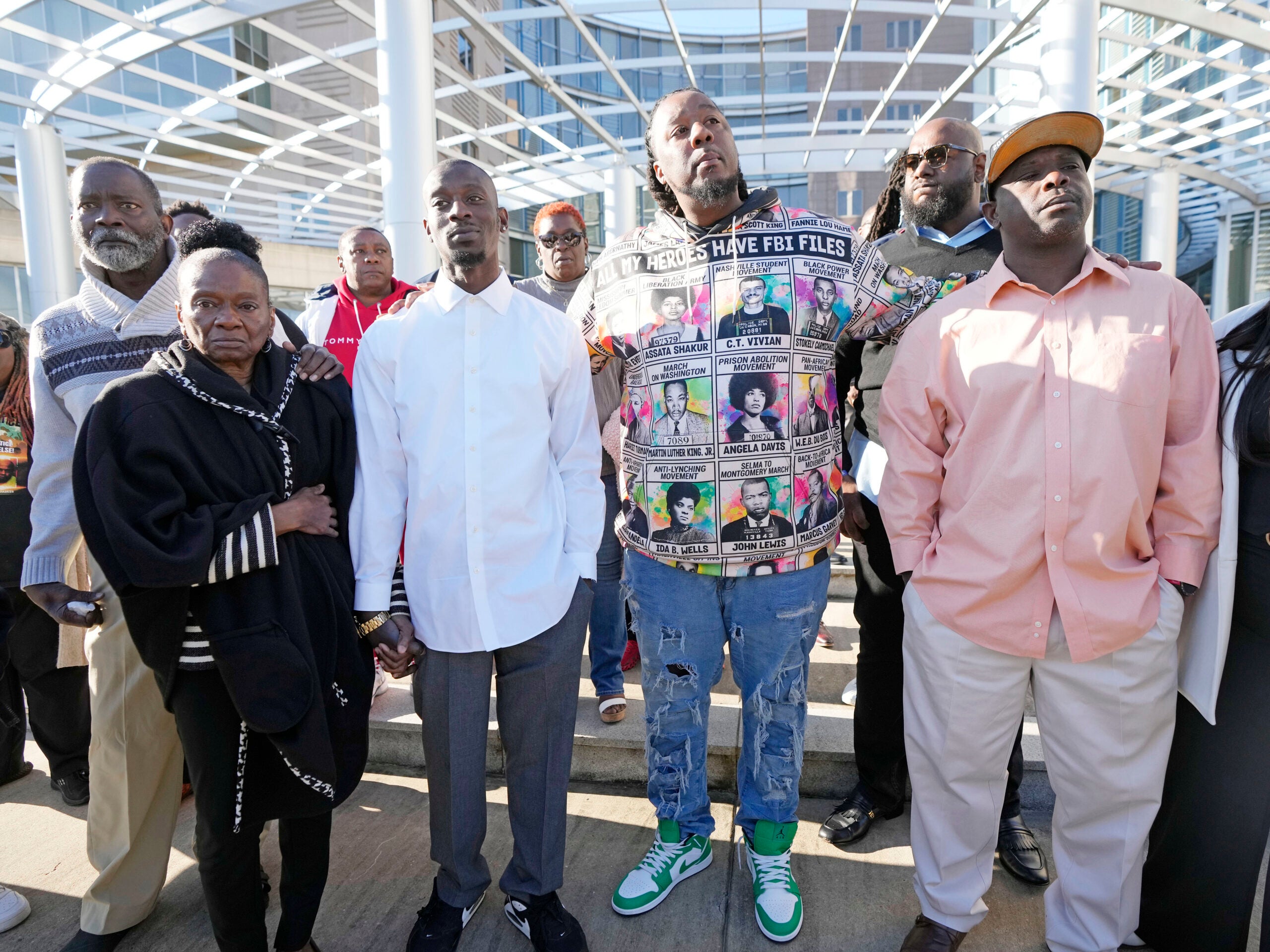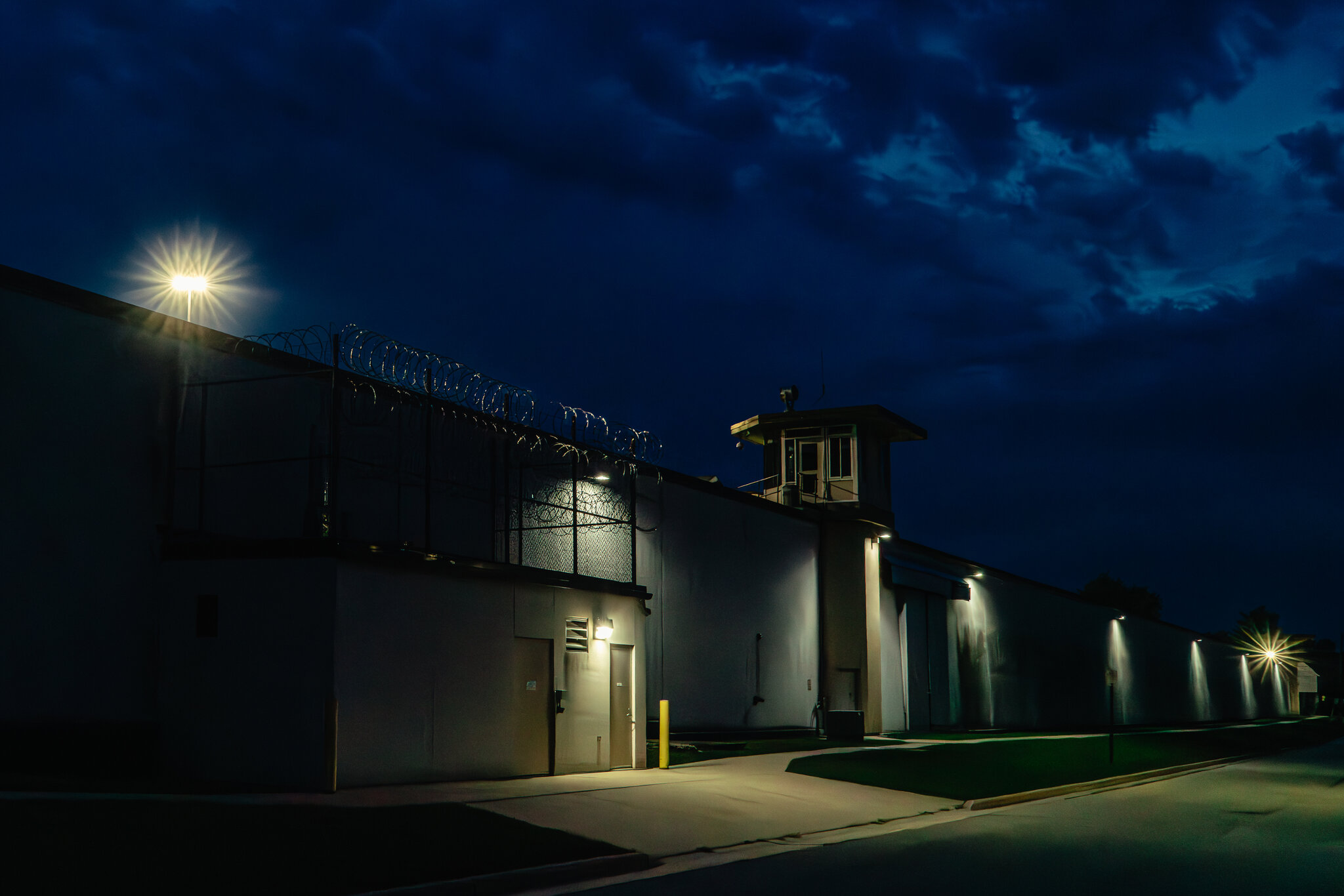Authors of a new National Research Council study on the high rate of incarceration in the United States say it’s time for a serious national conversation about the effect lengthy sentences have on poor and minority communities.
Harvard Sociology professor Bruce Western, a co-author of the 400-page study, says one of its most troubling findings is the racial disparity in the prison population. The study estimates that two-thirds of black men born in the late 1970s who dropped out of high school have served time in state or federal prison.
“So for young black men with little schooling, prison time has become a regular life event,” said Western.
Stay informed on the latest news
Sign up for WPR’s email newsletter.
The report found the number of people imprisoned for drug offenses behind bars is 10 times higher than it was 40 years ago, and that there are twice as many blacks and Hispanic drug offenders than there are white offenders. The authors recommend reducing drug sentences and reforming Truth in Sentencing laws that have led to longer sentences for a greater number of people.
University of Wisconsin-Madison law professor Cecila Klengele, who specializes in correctional policy, says drug use by blacks and whites is relatively equal, but that more blacks end up in prison because their communities are policed more intensely.
“You end up getting caught more often if you are an urban black man than an urban white man,” said Klengele. “Some of these sort of practices filter up through the system, giving people a greater arrest record and getting them punished for longer when they encounter the court system.”
Klengele says the challenge this report poses to policymakers is to find more effective ways of punishing nonviolent offenders without locking them up. She says that means investing in alternative community treatment and supervision programs that have proven they can prevent future criminal activity better than prison does.
Wisconsin Public Radio, © Copyright 2024, Board of Regents of the University of Wisconsin System and Wisconsin Educational Communications Board.





